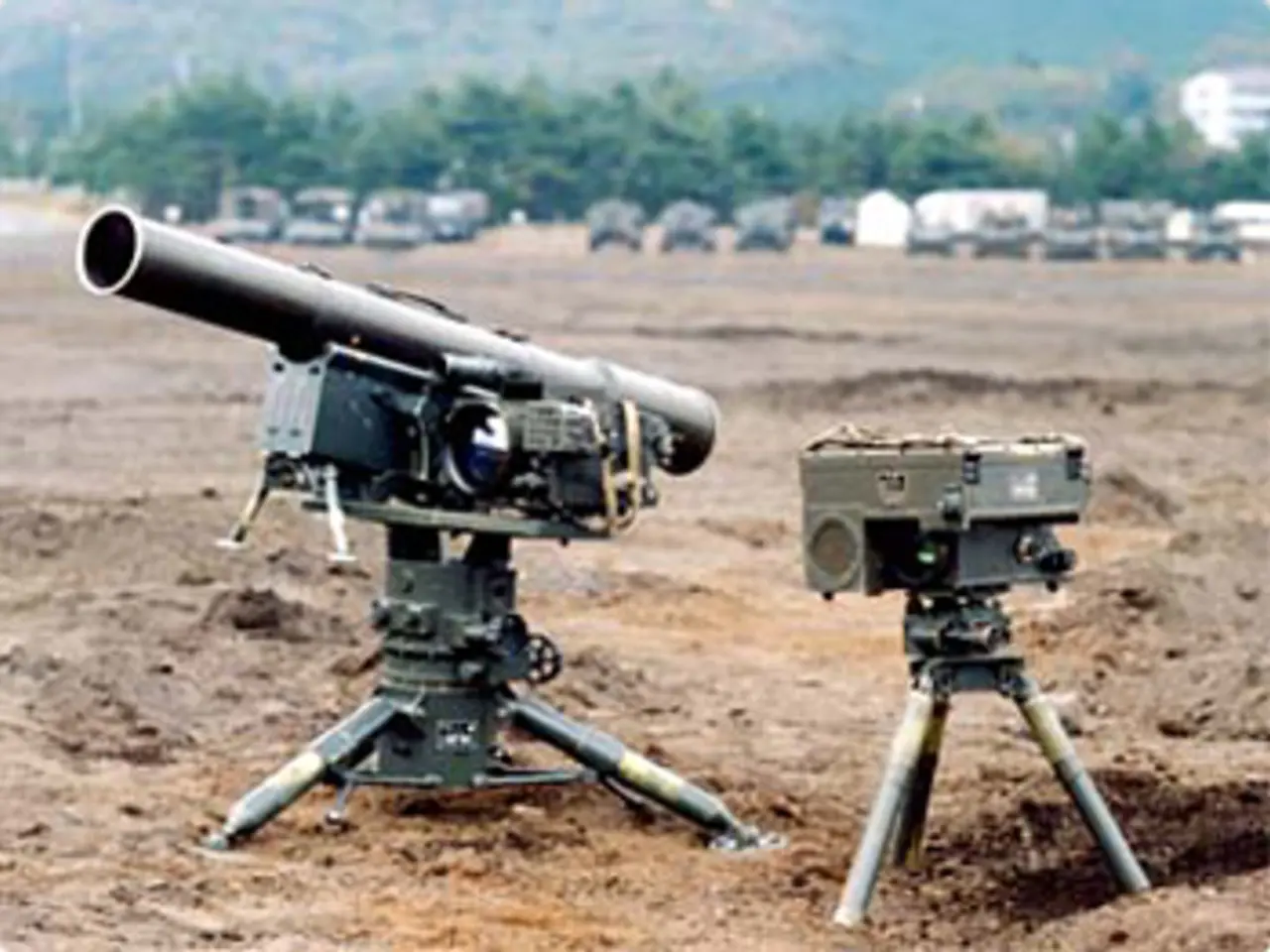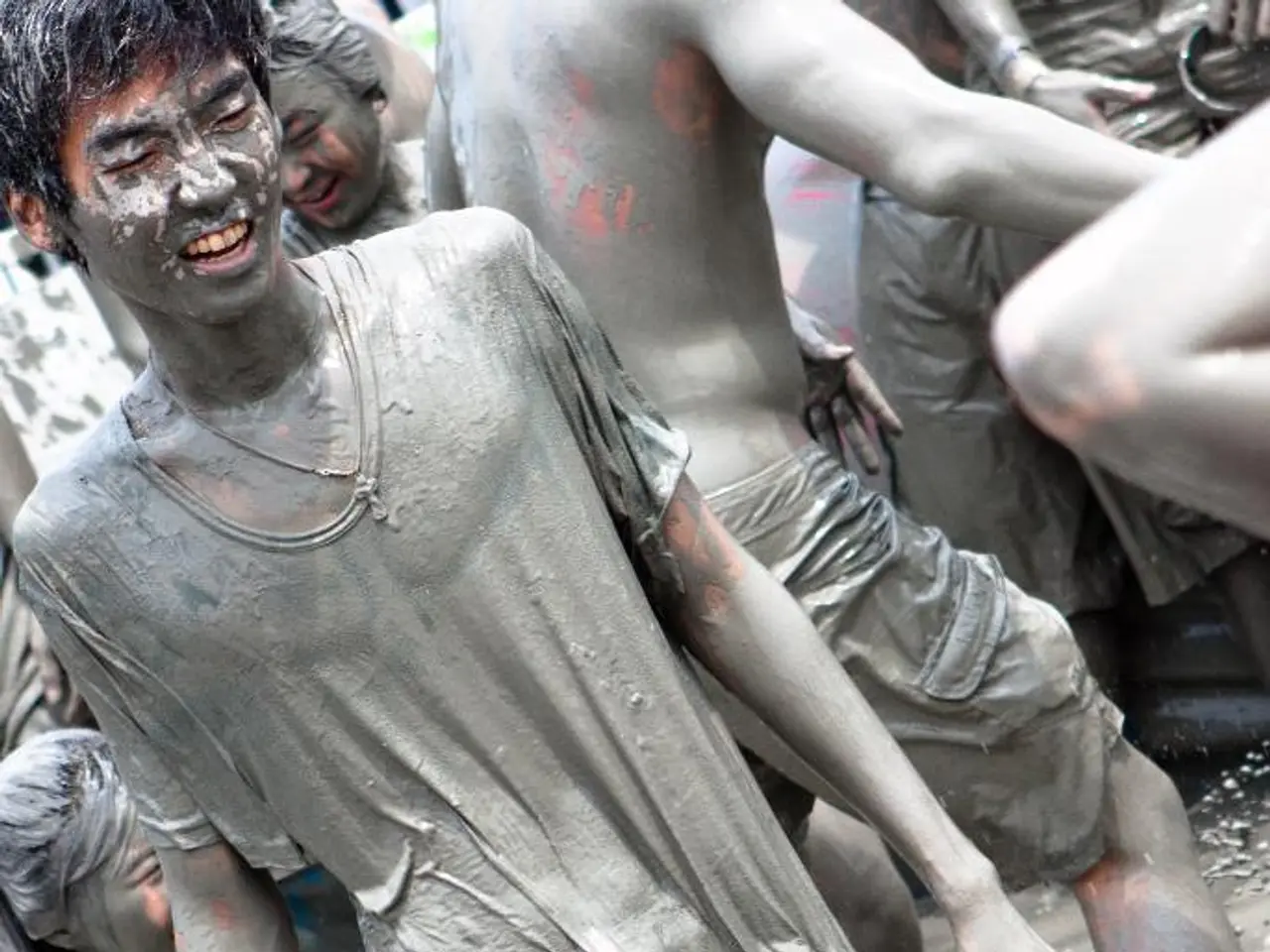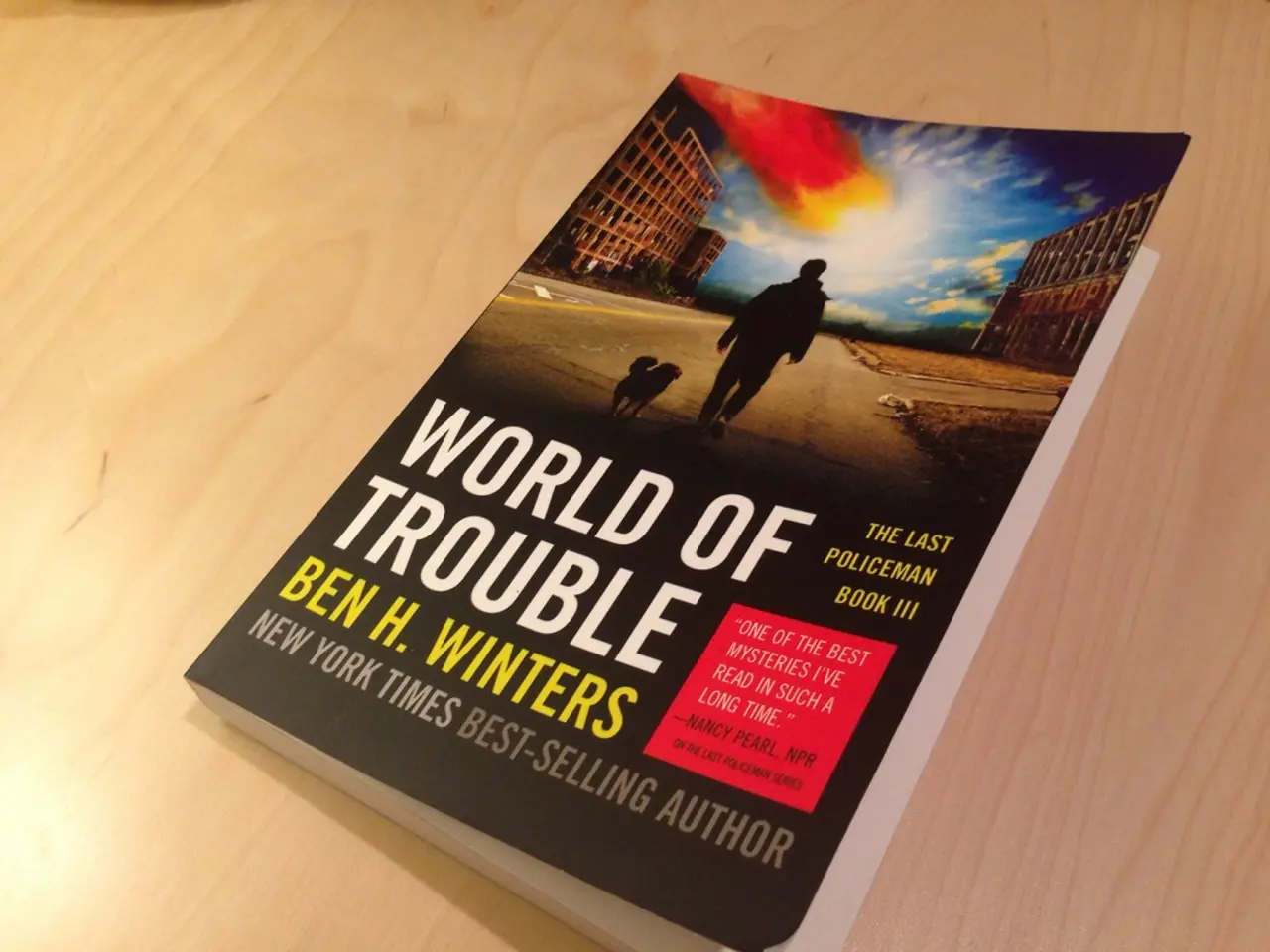Conflict Escalation: An Examination of Israel and Iran's Strategic Goals
Iranian Missile Strikes Directly Hit Residence Previously Occupied by Israeli Minister
Published June 19th, 2025 - 06:46 GMT FacebookTwitterWhatsAppShare Video: Iranian missile hits former Israeli Minister's home in direct strike (social Media) ALBAWABA - On the seventh day of the ongoing hostilities between Iran and Israel, an Iranian rocket struck the home of former Environment Minister Dani Naveh, a prominent member of Prime Minister Benjamin Netanyahu's Likud Party. This marked a striking escalation in the tensions.
Apart from the attack on the Naveh residence, Iran launched several rounds of missile attacks, hitting major Israeli towns like Tel Aviv, Ramat Gan, Holon, and Be'er Sheva. These attacks caused widespread damage, with explosions shaking cities and leaving many injured. One of the heavily damaged areas was the Soroka Medical Center in Be'er Sheva, which had to temporarily shut down due to the severe damage inflicted.
Reports suggest that Iranian media claimed the attack on the Soroka hospital was not a deliberate targeting of the medical facility. Instead, it was the consequence of a nearby center meant for military intelligence being in the blast radius. The intended targets were reportedly the IDF C4I command center and the Military Intelligence Base located in the Gav-Yam Negev technology park, home to advanced cyber warfare systems and infrastructure.
In the hours preceding the Iranian rocket assault, Israeli forces had launched strikes on the IR-40 nuclear reactor near Arak. Before Iran's reaction, Israeli military sent out a warning in Persian, urging people in the area around the reactor to evacuate.
As the conflict heads towards its second week, both Israeli and Iranian strategic goals become increasingly ambitious, causing concerns about further escalation in both military and civilian areas.
Insights:
- Evolution of Tensions: The recent hostilities between Iran and Israel have witnessed the conflict moving beyond traditional military confrontations, incorporating significantly more political, psychological, and civil dimensions.
Latest
- Popular
Subscribe
Sign up to our newsletter for exclusive updates and enhanced content Subscribe Now #### Subscribe
Sign up to get Al Bawaba's exclusive celeb scoops and entertainment news
Osama Ali
News writer Osama Ali is an accomplished English content writer and news writer. With a strong command of language, and a flair for storytelling, his expertise lies in delivering accurate and well-researched news pieces while ensuring clarity and conciseness in his work. A dedicated professional, Osama continually stays updated with the latest trends in the English writing industry, consistently producing high-quality content.
Israel’s Strategic Goals
Israel's pursuit in the conflict appears to be centered around several strategic objectives, including:
- Weakening Iran’s Nuclear and Ballistic Missile Capabilities: Israel's airstrikes on Iranian infrastructure such as the IR-40 nuclear reactor and its ballistic missile sites aim to weaken the nation's capacity for retaliation, thus lowering the overall threat posed by Iran.
- Preventing Effective Retaliation: By degrading Iran's missile capabilities, Israel seeks to minimize the potential for widespread damage from Iranian counterattacks, protecting its civilian population.
- Compelling a Ceasefire on Israeli Terms: Israel's strikes on sensitive Iranian institutions serving as regime stabilizers aim to destabilize the Iranian government and cultivate anti-regime sentiments, pressuring Iran to accept a ceasefire on Israeli terms.
- Inflicting Psychological and Civilian Impact: Israel's military actions are designed not only to inflict physical damage but also to create chaos and insecurity within Iran, eroding public support for the Iranian regime and potentially leading to its collapse.
Iran’s Strategic Goals
Iran's strategic goals in the conflict include:
- Retaliation to Israeli Aggression: Iran's missile strikes on targets like Israel's urban centers and political establishments demonstrate its capacity for retaliation and aim to inflict damage on both a physical and psychological level.
- Escalation for Deterrence: Despite launching fewer missiles than initially planned, Iran wants to show that it poses a formidable adversary, able to strike critical Israeli targets and thus dissuade Israel from further aggression or make any conflict more costly.
- Communicating on the Global Stage: Iran employs its strikes to signal its power both regionally and internationally, emphasizing its willingness to challenge Israel directly.
- Garnering Domestic Support: By attacking high-profile targets like hospitals and former Israeli leaders' residences, Iran hopes to rally its populace, asserting nationalist sentiment both domestically and among its regional allies.
These strategic goals suggest that both nations engage in warfare that incorporates military, political, psychological, and even civilian elements, reflecting the complex nature and high stakes of the 2025 Israel-Iran conflict.
[1] Enrichment Data - Experts in the field of international relations posit that Israel is seeking to weaken Iran's nuclear program and cripple its ballistic missile arsenal, but also to impose a psychological toll that undermines the public's confidence in the Iranian regime. Israeli forces strike Iranian targets like military, scientific, and energy installations to narrow the existential threat Iran's nuclear ambitions pose (hadashot, Haaretz, Jerusalem Post |\| jpost.com)
[2] Enrichment Data - Iran's missile attacks on Israeli urban centers serve multiple purposes: firstly, to demonstrate Iran's ability to strike deep into Israeli territory and inflict civilian casualties; secondly, to further destabilize the Israeli government by raising the stakes in the conflict and showing that it faces a resilient adversary with the capacity to respond to Israeli aggression. Iran fires fewer missiles than initially planned, likely out of caution regarding potential Israeli retaliation, but hopes to still make an impact through the destructive power and symbolic value of its attacks (jpost.com | aljazeera.com | reuters.com )
[3] Enrichment Data - The Iranian regime may target Israeli institutions that uphold its political status within certain segments of the Israeli population, particularly among the Arab minority, to amplify potential anti-regime sentiment and potentially exploit any internal turmoil for its own advantage. Such strikes can also be viewed as a means to exert pressure on Israel's government to negotiate from a weaker position (timesofisrael.com | nytimes.com)
[4] Enrichment Data - By targeting Israel's critical civilian infrastructure, Iran aims to strain the nation's resources, hinder its war efforts, and ultimately weaken the Israeli government's resolve, all while creating chaos and uncertainty among the Israeli populace (reuters.com | ynetnews.com )
- The video on social media shows an Iranian missile hitting former Environment Minister Dani Naveh's home, marking a significant escalation in the conflict between Iran and Israel.
- The Iranian attacks extended beyond military targets, causing damage in major Israeli towns like Tel Aviv, Ramat Gan, Holon, and Be'er Sheva, with the Soroka Medical Center in Be'er Sheva being among the heavily damaged areas.
- Reports suggest that Iran's attack on the Soroka hospital was not a deliberate targeting of the medical facility, but rather a consequence of a nearby military intelligence center being within the blast radius.
- Israel's military had previously launched strikes on Iran's IR-40 nuclear reactor near Arak,TEMPORARILY shutting down the Soroka Medical Center due to the severe damage inflicted.
- As the conflict persists, both Israeli and Iranian strategic goals become increasingly ambitious, leading to concerns about further escalation in military and civilian areas.
- The complex nature of the conflict includes a rich tapestry of political, psychological, and civil dimensions, with each side pursuing various strategic objectives.





